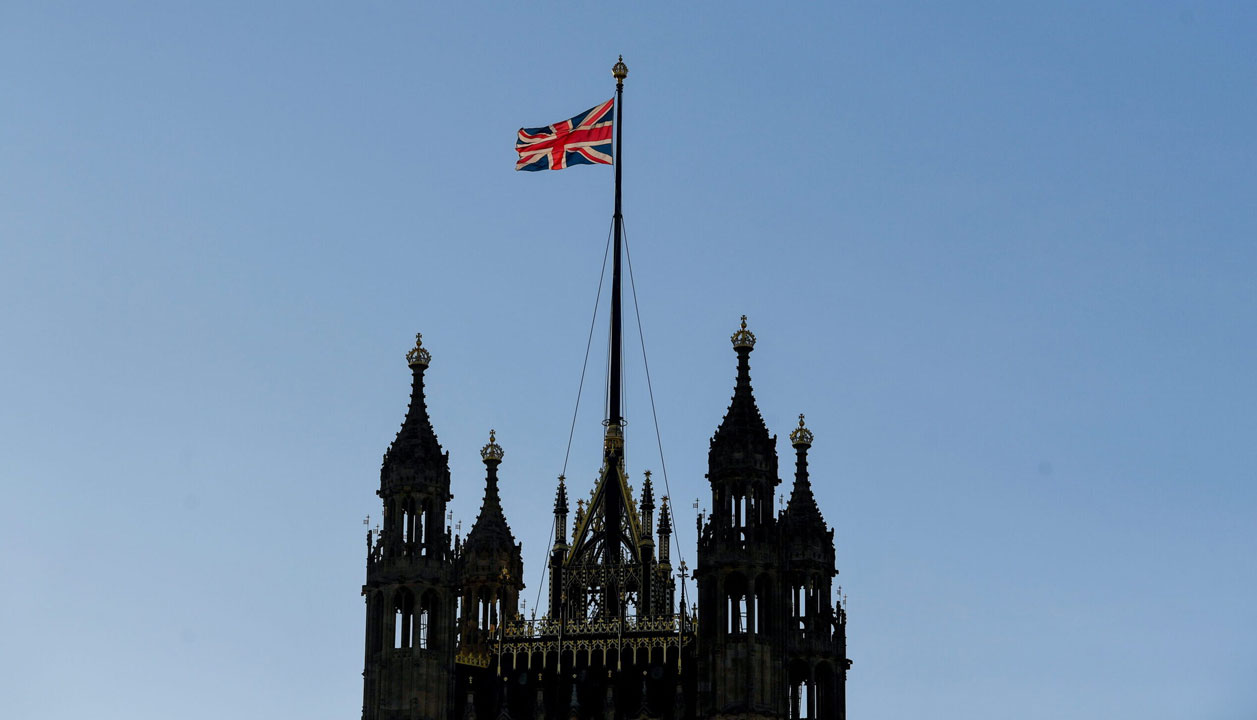





In a significant development for its post-Brexit trade strategy, the United Kingdom officially became the 12th member of the Comprehensive and Progressive Agreement for Trans-Pacific Partnership (CPTPP) on December 31, 2024. This move aims to strengthen the UK's global trading relations and marks its first major trade agreement outside the European Union [b61a3910]. The CPTPP includes 11 other countries: Australia, Brunei, Canada, Chile, Japan, Malaysia, Mexico, New Zealand, Peru, Singapore, and Vietnam, and is seen as a vital platform for expanding trade ties in the Asia-Pacific region [b61a3910].
The accession to the CPTPP is projected to boost the British economy by approximately £2 billion ($2.5 billion) annually, contributing to the government's broader Plan for Change aimed at economic growth and increasing household incomes [5d0e74ac]. However, this contribution represents less than 0.07% of the UK's total output, highlighting the challenges the UK faces as its economic weight is expected to decline from 3.3% in 2021 to 2.7% by 2050 [42136498]. Business and Trade Secretary Jonathan Reynolds emphasized that agreements like the CPTPP not only enhance trade but also create new opportunities for UK companies in the international market [5d0e74ac]. Furthermore, Ian Stuart, CEO of HSBC UK, noted a notable increase in payments between CPTPP markets and the UK since the announcement of the UK's accession in July 2023, highlighting the immediate positive impact of this membership [5d0e74ac].
The CPTPP allows Britain to apply its trade rules and benefit from lower tariffs with eight of the 11 existing members, marking a pivotal step in the UK's global trade relations [3eb69ab2]. This agreement is particularly significant as it represents Britain's first free trade deals with Malaysia and Brunei, enhancing its trade footprint in Southeast Asia [3eb69ab2]. Unlike the European Union, the CPTPP does not require regulatory harmonization, providing the UK with greater flexibility in its trade policies [3eb69ab2].
Additionally, Britain's membership in the CPTPP positions it to influence the accession of China and Taiwan to the group, strategically countering China's economic dominance in the region [3eb69ab2]. China, the second-largest economy, has shown interest in joining the CPTPP, and its accession could significantly boost exports for CPTPP countries [42136498]. As the UK navigates its post-Brexit landscape, joining the CPTPP is seen as a crucial step in establishing new trade relationships and enhancing its global economic presence [3eb69ab2].
In conjunction with this trade agreement, the UK has announced plans to increase its naval activity in the Pacific, including joint fishing patrols with Pacific Island nations, as part of a broader strategy to counter China's maritime expansion. Prime Minister Keir Starmer is set to unveil these plans on October 28, 2024, during the Commonwealth heads of government meeting in Samoa [39f88951]. This initiative aligns with the Quad's recent announcement of joint patrols in the Indo-Pacific, which includes the United States, Australia, Japan, and India, aimed at monitoring illegal fishing activities [f52093f4].
As the UK enhances its maritime presence and trade relationships, these efforts reflect a concerted strategy among key allies to ensure a 'free and open' Indo-Pacific, addressing both security concerns and illegal fishing practices [f52093f4]. Meanwhile, China's alignment of its policies with CPTPP criteria and its enhanced engagement with member countries could pave the way for its potential accession to the pact, further reshaping the dynamics of international trade [42136498].